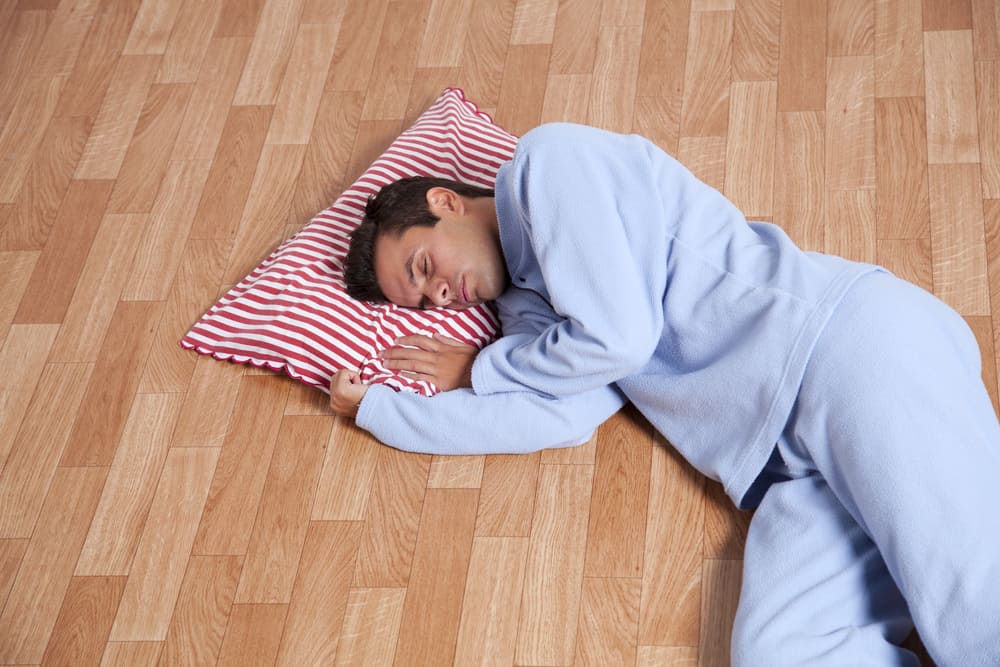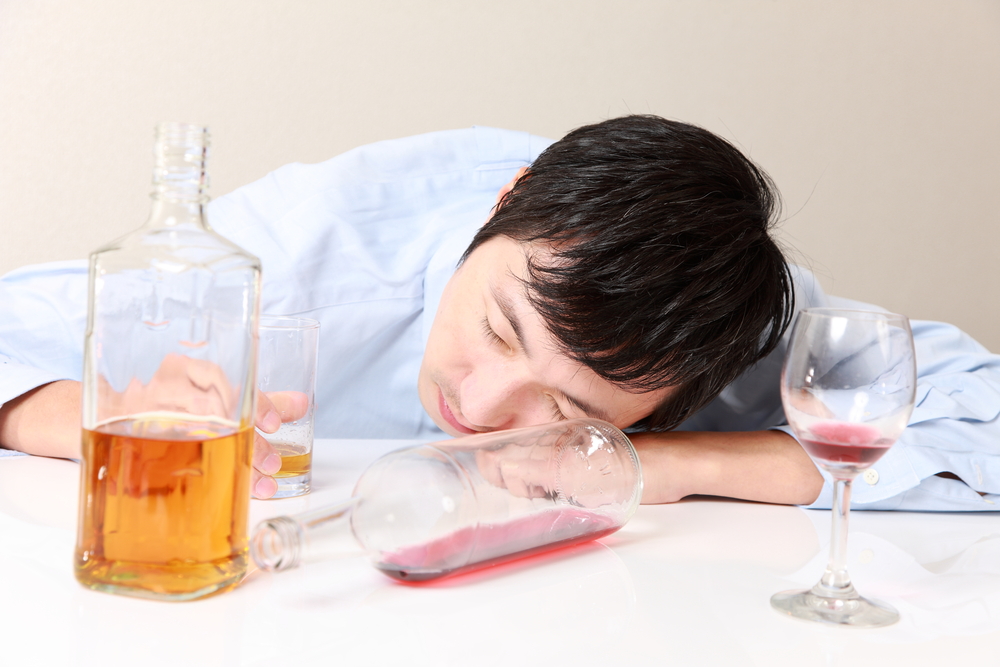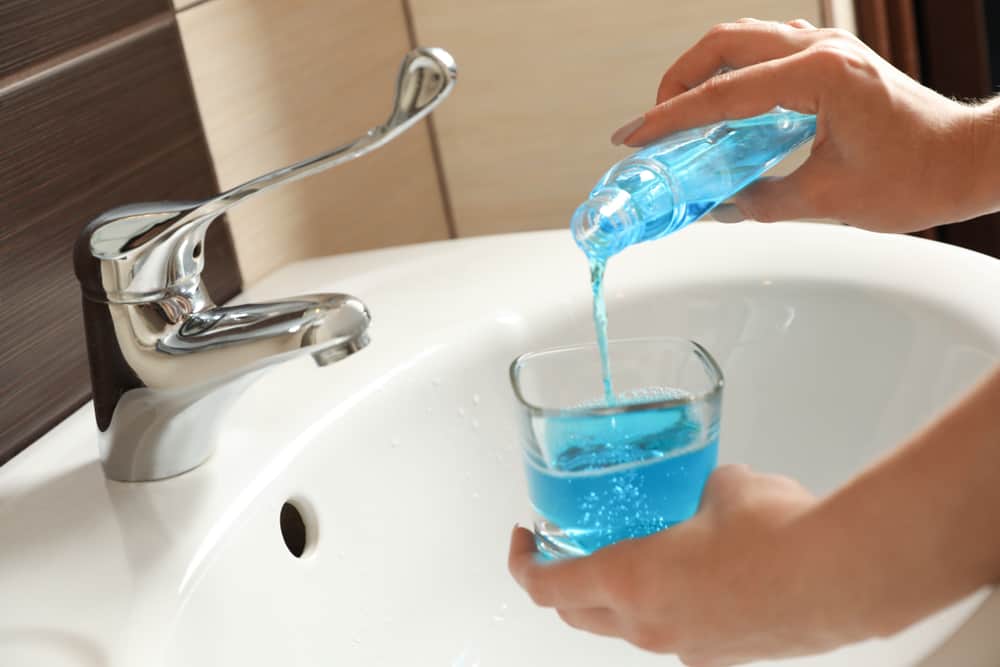Contents:
- Medical Video: Parenting Today's Teens -- Mark Gregston -- 1/2
- Inability to think
- Treatment
- Recovery progress / decline
- Fear of the future
- He is still the same child
Medical Video: Parenting Today's Teens -- Mark Gregston -- 1/2
If your teen has a stroke, you must have many questions and concerns. As a parent of a teenager, you are taking care of someone who is no longer a child, but someone who has grown up and becomes more independent, but who still needs your guidance and of course, financial support from you.
Teenagers can experience disability after a stroke. Motor (physical) defects are usually easier to understand than thinking defects.
Usually, physical therapists, occupational therapists, and rehabilitation specialists can recognize physical and motor defects and help with training programs to help with recovery. Teens tend to improve several functions and can learn to overcome disabilities by developing other bodily abilities
Vision may be affected, and has the potential to interfere with driving. Appropriate checks are needed to ensure safety when driving.
Inability to think
After a stroke, your teen may experience difficulties with perception, understanding information, reading, remembering, or processing feelings and emotions. A neuropsychologist can assess your child's abilities and make recommendations. It is important for you to give your teenager the opportunity to read neuropsychological analysis and ask questions about the potential for recovery.
After a stroke, your teen can still continue to be a good student and may still be able to overcome academic challenges. Often, teenagers refuse to be limited by physical barriers and can still achieve amazing achievements.
However, make sure that stroke survivors understand that there is nothing wrong with asking for certain facilities and conveniences at school or college, such as extra time during exams, or places that are quiet enough to take the exam.
Treatment
After a stroke, your teen may use drugs such as blood thinners or anti-seizure medications. Make sure he understands the consequences that will occur if he forgets to take medication and don't be afraid to examine your teen to confirm that he has used the drug well. Even though he has taken medicine well, changes in routine such as traveling abroad or starting college activities can disrupt his routine.
Recovery progress / decline
The recovery process from a stroke condition is not always smooth. One day, your teen may feel full of energy and make great progress, and the next day he begins to decline. Make sure that you and your teen are familiar with complications and warning signs so you can distinguish between fatigue and the need for medical care.
Fear of the future
After experiencing a serious illness, it is common for someone to feel afraid, depressed, or angry. This emotion can affect teenagers, parents of the teenager, or even his siblings. Often, meeting a support community or with a counselor for the first month or the first year after a stroke can help emotional recovery, adjust and manage anxiety, anger and fear.
He is still the same child
If your teen is a victim of a stroke, keep in mind that he does not want to be defined by a stroke or stroke that he has suffered. The condition of the stroke is only a small part of who he really is. Make sure that he and everyone around him values him. Don't forget his sense of humor, his ability to make friends easily, his love for animals, or his favorite food.
When you spend a lot of time in your teen's life, it is important to remember that only your teenager has a wild experience. What he feels might be different from what you tell others. He may have his own reasons for not wanting to brag about his achievements or not wanting to talk about how other people are rude to him. Let your teen save his own story, and give space to talk about good, bad things, from his own perspective.












